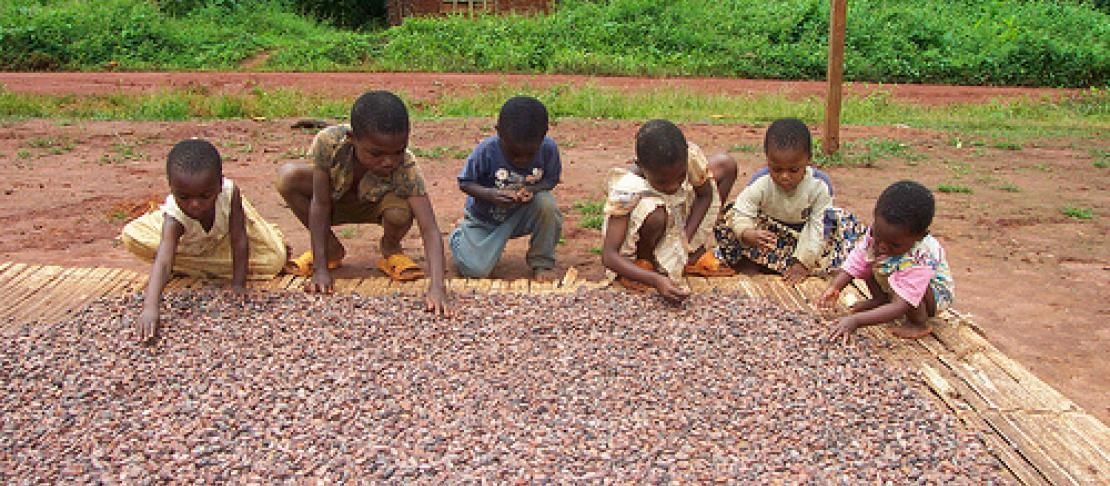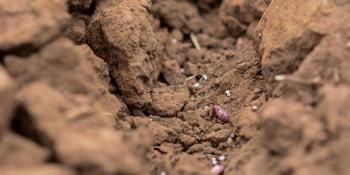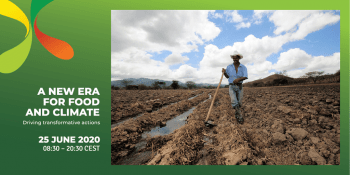The hidden climate costs of chocolate

While many agricultural activities produce greenhouse gas emissions, deforestation and clearing land through slash-and-burn may be the worst culprit. When farmers expand into forested lands, trees that might store carbon for decades to come are lost and large amounts of carbon are released into the atmosphere. Yet agricultural expansion into forests is inevitable when poor farmers across the tropics lack sufficient access to land or opportunities to boost productivity on their current landholdings. They must seek new areas to plant their crops, including cocoa.
In the West African Guinean rainforest, this problem is severe, as farmers who grow cocoa for a living seek to maintain and increase their incomes by burning adjacent forests; the resulting ash fertilizes the soil, creating good growing conditions for cocoa, as well as oil palm and cassava. A new study by CCAFS partners has found that significant deforestation could have been avoided in this region, had fertilizer been accessible to farmers.
The study was led by Jim Gockowski of the International Institute for Tropical Agriculture (IITA) and Denis Sonwa of the Center for International Forestry Research (CIFOR), with partial funded by the CGIAR Research Program on Climate Change, Agriculture and Food Security (CCAFS).
Said Gockowski in an interview with Alertnet:
farmers employing traditional agricultural techniques such as slash-and-burn and land clearing used three hectares to produce one tonne of cocoa per year, whereas if they had used fertilisers, it would have taken them only one hectare to produce the same amount.
Agricultural activities are a major driver of deforestation, and together, agriculture and forestry contribute up to 20% of global greenhouse gas emissions. Climate negotiators discussing policies for Reducing Emissions from Deforestation and forest Degradation (REDD+) must consider how to ensure that REDD+ helps smallholder farmers adopt that increase their crop yields.
A major area of research for CCAFS is how farmers in developing counries can contribute to emissions reductions, while creating sustainable livelihoods.
Read the original article (subscription required):
Gockowski, J., & Sonwa, D. (2010). Cocoa Intensification Scenarios and Their Predicted Impact on CO2 Emissions, Biodiversity Conservation, and Rural Livelihoods in the Guinea Rain Forest of West Africa. Environmental Management. DOI: 10.1007/s00267-010-9602-3


